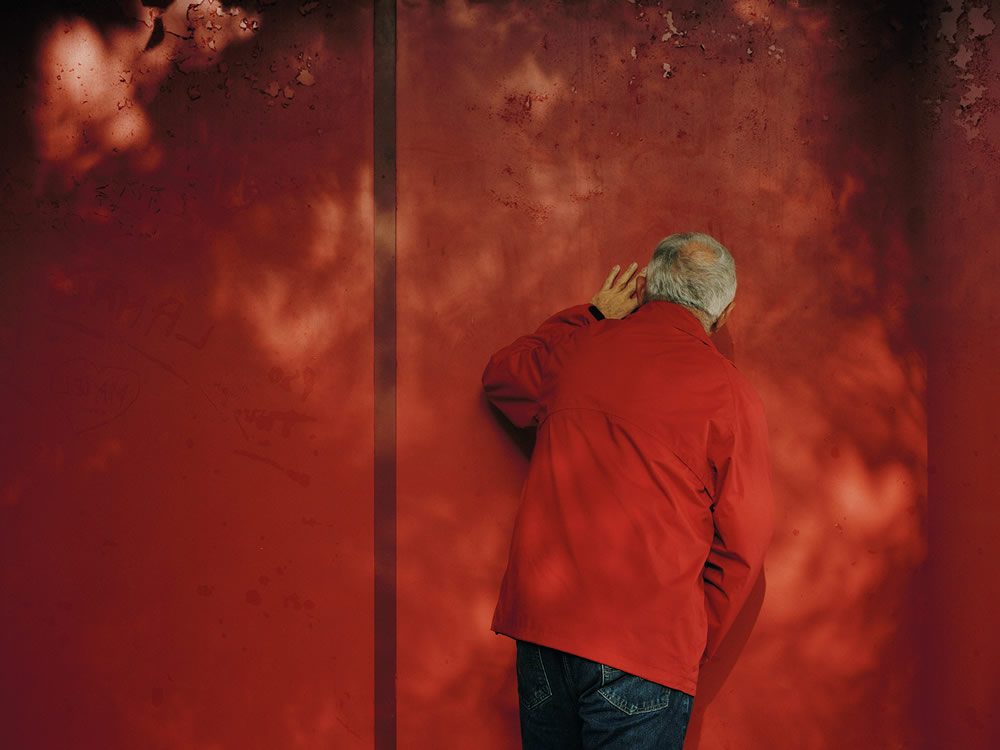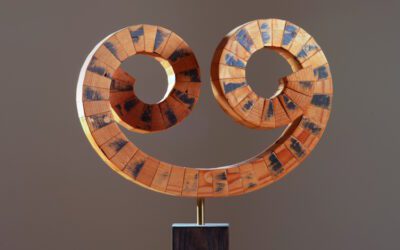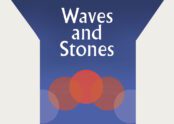[dropcap style=”font-size:100px; color:#992211;”]T[/dropcap]here’s a lot to be said for good honest, direct self expression.
Sometimes we artistic types are prone to inflating our creative processes , twirling them into ever more elaborate shapes- but becoming grander and more expansive in your art requires an ever grander and more expansive ego to fuel the whole endeavour.
I’ve previously argued against the “less is more” movement, with my argument being that the meaningfulness of the statement depends on the desires of the creator and the reason/context.
Sometimes I like to overload a song with overdubs and production tricks – if that is what suits it. More can be more in this case. Of course the opposite is also true, less intensely produced music can seem more natural (more direct) to the listener…but I think there are many reasons why using “less is more” as a general rule is bonkers.
Even the most basic combo of drum machine and bass synth programming is a hugely complex thing
Some would say that a 808 kick playing a “four on the floor” pulse, alongside a single 303 bassline is an example of “less is more” – and yes, in some ways it is. But in others it is an immensely contrived and complex way of making music. Breath-takingly complex and unlikely to be honest. Even the most basic combo of drum machine and bass synth programming is a hugely complex thing – more is more. Or perhaps, more can seem like less…and less can seem like more.
In fact…why is there even some kind of rule about simplicity being better? It’s obviously true that weighing down an artistic idea with layer upon layer of unnecessary detail will only water down the message. It’s quite possible to also make a statement about feeling confused or overwhelmed by doing just this – and creating a powerful artistic statement in the process.
Every element of making music is vastly complex, because it’s an interaction between physics, nature and at least one living consciousness
There is nothing wrong with a complex message – just as there is nothing wrong with a simple one. The medium is not necessarily the message, although it can be, and either way is fine.
Getting hung up on keeping things simple or trying to make something complex misses the point. Every element of making music is vastly complex, because it’s an interaction between physics, nature and at least one living consciousness. No one really understands it all. Music has to move in time, and certainly no one understands what the hell time actually is.
Make Better Music ? : Pitch Fight
Pitch is relative, and is dependent on your hearing range and the kind of ears humans have.
Even the simplest musical building block, like a single sine wave, could be the subject of a vast, possibly endless thesis!
in the end the emotional response to the music we make is instinctive and beyond understanding – and this is a great thing
Just as you can go round in circles with a dictionary, looking up the words used in a definition, only to find more words that also require a definition, musical elements have no absolute meaning.
In truth we can organise them by feel, or by rules, but in the end the emotional response to the music we make is instinctive and beyond understanding – and this is a great thing. This is why you might love one artist and hate another, when their music might be almost identical.
Don’t get hung up on keeping things simple, or doing what other say is right – do what feels right, and creates the result you want. Relax and express yourself in the way that works for you, and that spark of originality that is “how you do it” is what creates the magical moment.
It’s that magical extra element that brings pitch and pulse to life.
As Stephen Hawking once said about physics: “What is it that breathes fire into the equations?”
Make Better Music is updated every Tuesday. For previous articles search for ‘Dave Graham’

David Learnt composition (harmony, counterpoint and orchestration) to degree level through studying Schoenbergs Fundamentals of Musical Composition, the classic text on twentieth century harmony by Vincent Persichetti, Henry Mancini’s Sounds and Scores, Rimsky-Korsakov’s excellent books on orchestration as well as studying any scores that intrigued me. He is a founder member of two bands, avant pop duo Cnut, and orchestral doombience outfit Regolith, and have performed across Europe with them.






















